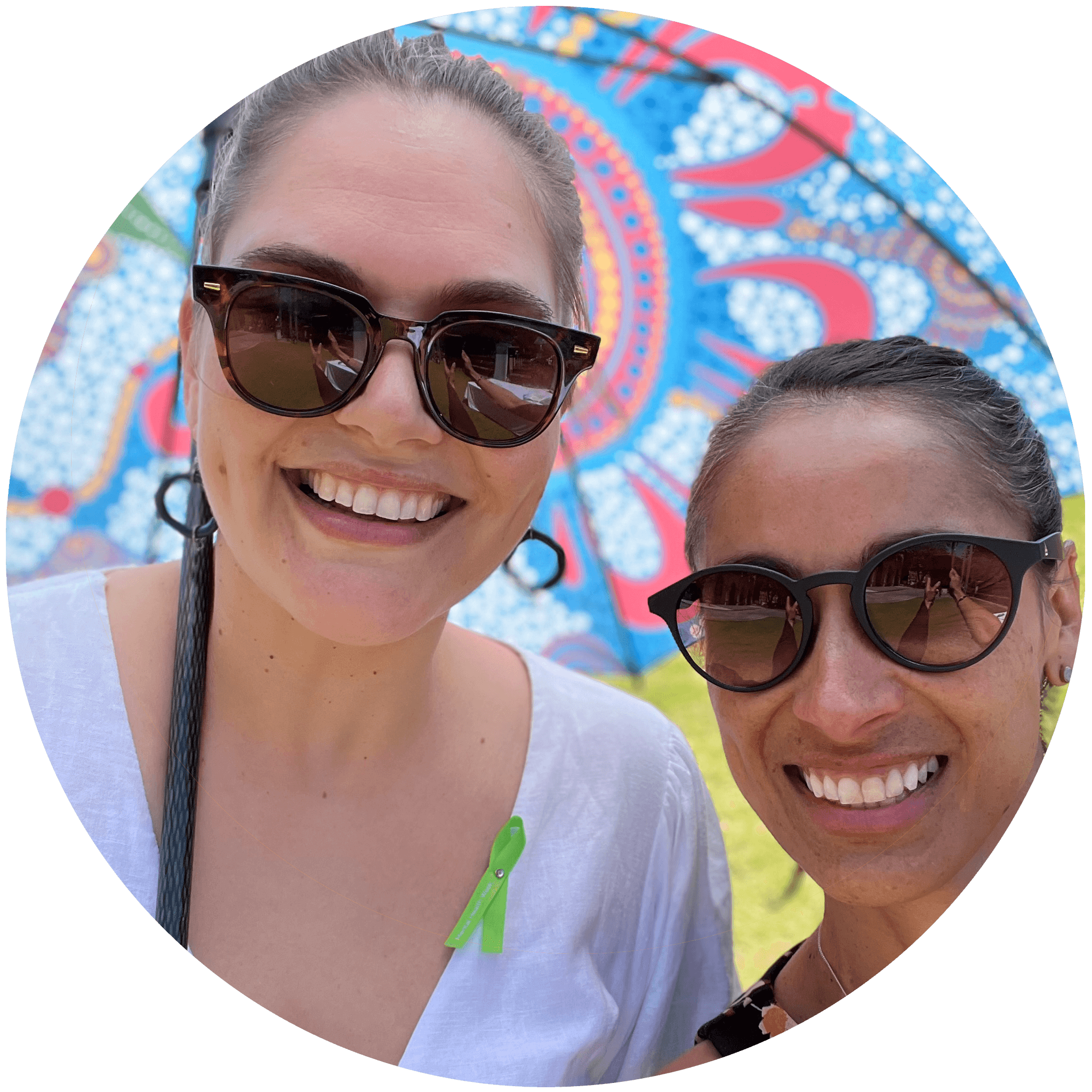Glossary
Key terms used within the Community Mental Health and Wellbeing Sector.

Biomedical model refers to a model that emphasises medication-based treatments and monitoring to reduce mental illness symptoms.
Capacity refers to a person’s ability to make his/her own decisions. These may be small decisions, such as what to do each day, or bigger decisions such as where to live or whether to have an operation. A person may lack capacity in some areas, but still be able to make other decisions.
Cognitive functioning refers to the underlying cognitive processes that allow for effective information processing that assist decision-making, planning and completing actions.
Complex need is commonly used to refer to individuals who present with an inter-related mix of diverse mental health and physical health issues, developmental and psychosocial problems.
Dignity of Risk refers to the individual’s right to make informed choices in relation to a variety of life experiences and take advantage of opportunities for learning, developing competencies and independence and, in doing so, takes a calculated risk.
Diversity is inclusive of but not limited to the diversity among people with respect to culture, religion, spirituality, disability, power, status, gender and sexual identity and socioeconomic status.
Flourishing is a state of high wellbeing. Flourishing states have a high presence of psychological, emotional and social wellbeing indicators.
Informal mutual support – This type of peer support does not use formal structures, trained group leaders or facilitators. It has limited or no involvement with health professionals and focuses on providing mutual support between people with shared experiences.
Languishing is a state of low wellbeing. Languishing states have low levels of emotional, social and psychological wellbeing indicators.
Peer Support – Peer support occurs when people provide knowledge, experience, emotional, social or practical help to each other. Peer support refers to support from a person who has knowledge from their own experiences and can be informal or formal. In mental health it is seen as only one part of Peer Work and can occur with an individual or in a group setting.
Peer Work – Peer workers work for organisations in designated Lived Experience roles. They draw upon their own personal lived experience of mental distress and recovery and use their training and expertise to provide authentic engagement and support for people accessing mental health care.
Person-centred is an approach that places the person experiencing mental ill-health at the centre of the service.
Person-led is an approach that responds to the person as the leader of their life in ways that foster personal agency and the capacity to manage challenges. Person-led approaches require providers to be accountable to the person.
Psychosocial disability is an internationally recognised term under the United Nations Convention on the Rights of Persons with Disabilities. It is characteristically used to describe many negative outcomes for a person living with a mental health condition attempting to interact with a social environment that presents barriers to their equality with others. Psychosocial disability may also describe the experience of people regarding participation restrictions related to their mental health conditions as the loss of or reduced abilities to function, think clearly, experience full physical health and manage the social and emotional aspects of their lives.
Psychosocial supports (preferred terminology – wellbeing supports) are individualised supports that create opportunities for people to better respond to their needs, such as social connection, relationships, self-care and economic participation.
Recovery (Personal) – For people living with mental health conditions recovery is about Personal Recovery. This means recovering the person’s whole life, not just their illness or symptoms. It is personal and will mean different things to different people. Recovery, and a recovery-oriented approach, focus on someone getting back in control of their life, which may or may not include living with symptoms. This may involve building or maintaining hope and optimism, strengths and abilities, an active life, a positive sense of self, a meaningful and purposeful life.
Recovery (Relational) – Contemporary understandings about recovery refer to relational recovery and are moving away from the individualistic view of clinical, social, and personal recovery. By moving away from individualism, we acknowledge that people are innately wired for connection, we are not just individuals living in society, we are and have a need to be connected. It is not all about what is wrong with us, it takes into consideration the relationships we have and the structural influences in our environment that often are contributing to our distress, and how we relate with them.
Supported decision-making is an approach designed to support people make significant decisions, exercise their legal capacity, make day-to-day choices and draw upon their strengths and support networks.
Trauma-informed is the re-conceptualisation of traditional approaches to health and human service delivery whereby all aspects of services are organised acknowledging the prevalence of trauma throughout society. Trauma-informed services are aware of and sensitive to the dynamics of trauma as distinct from directly treating trauma per se.


 QAMH acknowledges the Traditional Custodians of the land on which we live, learn and work and recognise their continuing connection to land, waters and community. We pay our respect to them and their cultures; and to Elders past, present and emerging.
QAMH acknowledges the Traditional Custodians of the land on which we live, learn and work and recognise their continuing connection to land, waters and community. We pay our respect to them and their cultures; and to Elders past, present and emerging.